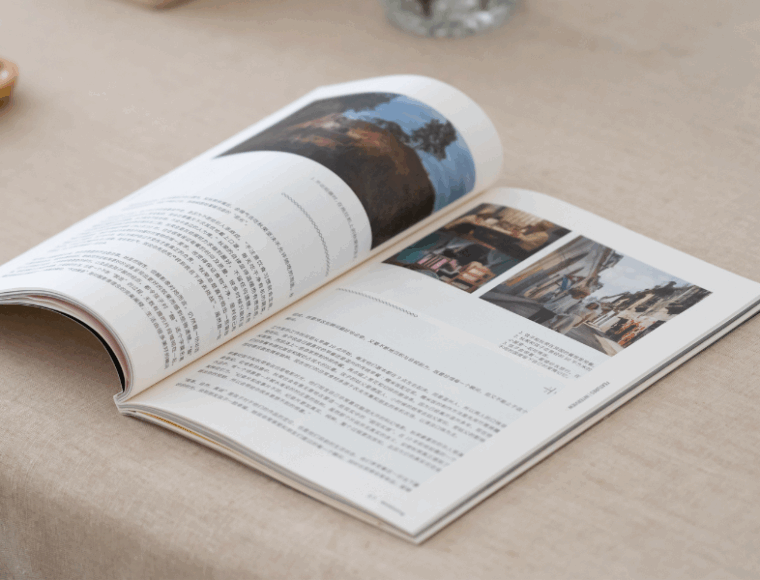Homelessness Case Study – James’s story
Homelessness is a growing issue in the UK and many find themselves homeless through a variety of reasons. Below, we feature James’ story of homelessness. He was helped by our Pathways to Independence service in Kent.
James entered our low/medium support Newlyn Court project in July 2018. He had been referred by CRC whilst homeless and had spent time in custody and on community orders.
James has struggled with substance misuse (heroin) for 14yrs. He moved away from his family home at 15 and has been without a settled home since then. He had surrounded himself with associates who held pro-criminal attitudes and who also struggled with substance misuse. Rough sleeping exacerbated this lifestyle, and he became reliant on services like the local day centre for support, food and social interaction.
James had additional support needs; he had no budgeting skills as all his adult life was spent homeless, poor money management leading to debts and, an acknowledged struggle to take responsibility for himself and his actions.
James’ health was compromised – after years of drug use, he contracted Hep C. He had never prioritised treatment for this because of homelessness and drug misuse.
James struggled with his Mental Health and emotional wellbeing during his time with us, and he was diagnosed and medicated for anxiety and depression. He experienced suicidal thoughts and overdose attempts. James relied on the support from staff and engaged well with primary healthcare services during times of crisis.
For now, James is doing very well. He has drawn strength from the peer support he finds in Cocaine Anonymous meetings, having a sponsor and studying the ‘big book’ and talking with others who share his experiences and can offer him support. He has recently completed 90 meetings in 90 days, has spoken publicly and applied to volunteer back at the day centre which once was a trigger point for him. James is on a reduction programme and plans to spend a short time in detox to wean himself off completely.
James is now self-sufficient in most areas of his life. He manages his accommodation well and is now in one of our self-contained units in Tumim House, as a stepping stone to complete independence. He can now budget effectively and has no debt. James now has better relationships with family which he cherishes, and he is looking forward to a family wedding this year. He has worked hard and even though he sometimes still has ‘drug thoughts’ he has learnt from experience not to let his guard down and to renew his commitment to support networks and communicate openly with his Support Coach, probation and CGL.





